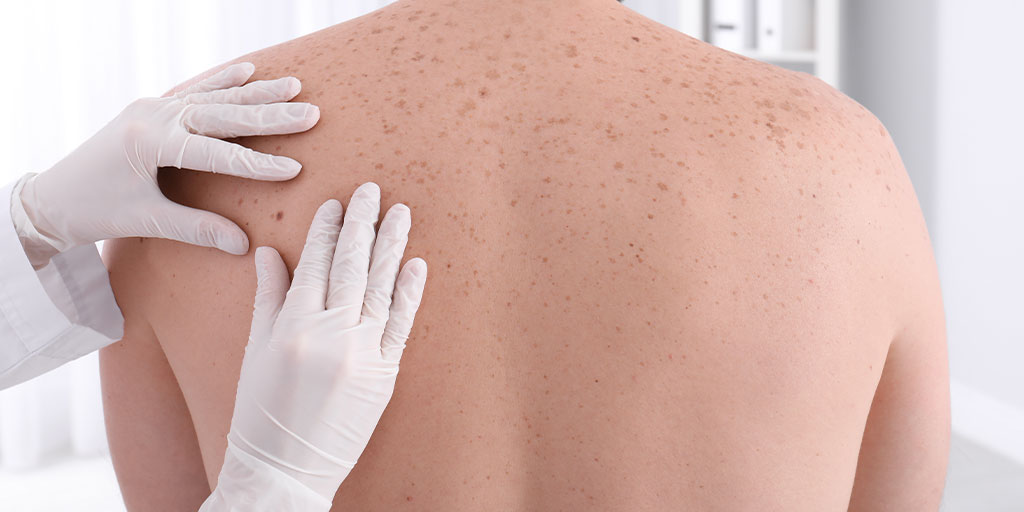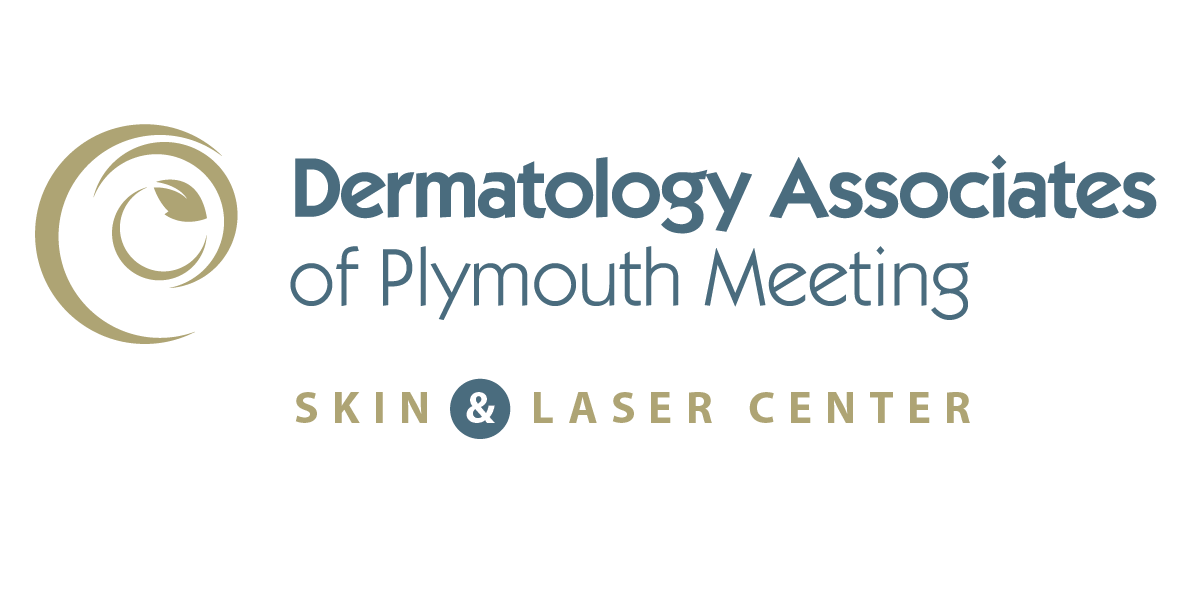What is Mohs Surgery? Everything You Need to Know

Mohs surgery is the most effective skin cancer treatment for most skin cancer types and is performed by our very own board-certified Mohs surgeon, Michael S. Lehrer, MD. Mohs surgery is a highly specialized and precise treatment for skin cancer in which the cancer is removed in stages, one tissue layer at a time. Mohs surgery is distinguished by a specific technique of tissue examination that is a technically challenging process. We are proud to offer this advanced skin cancer treatment to our patients, saving as much normal, healthy skin as possible.
How Does Mohs Surgery Work?
Mohs (pronounced “moze”) surgery, developed by Dr. Frederic Mohs, is an outpatient procedure performed under local anesthesia. In essence, it identifies and removes skin cancer, including its microscopic roots. This process involves removing a tissue layer and marking its edges with colored dyes to create a map of the cancer specimen. The tissue is then processed onto microscope slides by a Mohs histotechnician. Next, Dr. Lehrer carefully examines the slides under a microscope to precisely identify and map any microscopic roots of the cancer. If cancer cells are seen, an additional tissue layer is removed only in areas where the cancer is still present, leaving normal skin intact. Saving as much healthy skin as possible is a top priority for Dr. Lehrer. Any wounded skin will be repaired either by natural healing, stitching, using a side-to-side closure or using a skin flap or graft.
When is Mohs Surgery Recommended?
Considering that Mohs surgery has the highest cure rate, it is appropriate for most skin cancers. It is particularly well-suited for skin cancers that:
- Present in an area where it is important to preserve healthy tissue for maximum cosmetic and functional results.
- Have been previously treated and are recurring
- Are located near scar tissue
- Are an aggressive subtype such as sclerosing or infiltrating basal cell carcinoma
- Lack clearly defined edges
- Grow rapidly or uncontrollably
- Develop in organ transplant or lymphoma patients
- Are large in size
This is not an exhaustive list of instances warranting Mohs surgery as the ideal option for skin cancer treatment. Your board-certified dermatologist will describe all suitable skin cancer treatment options to you and recommend the best type for your unique circumstances. Considering that not every dermatology practice performs Mohs surgery, choosing Dermatology Associates of Plymouth Meeting provides access to this successful skin cancer treatment option.
Schedule a consultation to achieve the healthiest skin of your life
Contact UsWhat to Expect During Mohs Surgery
Mohs surgery is performed in our office under local anesthesia. It is impossible to predict exactly how long the procedure will take, but most Mohs procedures last several hours. Thanks to local anesthesia, you should not experience pain during the procedure, but you will be awake and able to speak. Our goal is to keep patients as comfortable as possible during the procedure.
Cancer Recurrence after Mohs Surgery
Even though Mohs surgery is the most accurate cure for skin cancer, it is still necessary to return to your board-certified dermatologist for routine skin cancer checks to ensure the carcinoma has not returned. Mohs surgery offers the highest cure rate of all cancer treatments. It is rare for a tumor to reappear within the treated area. Based on your unique circumstances, your dermatologist will recommend how often you should return for skin checks.
Scarring after Mohs Surgery
As with any skin cancer treatment, Mohs surgery will leave a scar. However, Mohs surgery preserves as much healthy skin as possible and maximizes opportunities for repairing the surgical defect after the tumor is completely removed. Post-surgical scars generally improve with time and can take up to a year or more to resolve fully. It is common for Mohs scars to take on a reddish appearance as new blood vessels appear and support the healing process beneath the skin. This redness is temporary and will fade over time. To support the healing process or address stubborn scarring, we offer a suite of scar-reducing treatments that may be beneficial.
Dermatology Associates of Plymouth Meeting is your one-stop resource for medical dermatology, surgical dermatology and aesthetic dermatology. To schedule your appointment, call us at 610.828.0400 .
